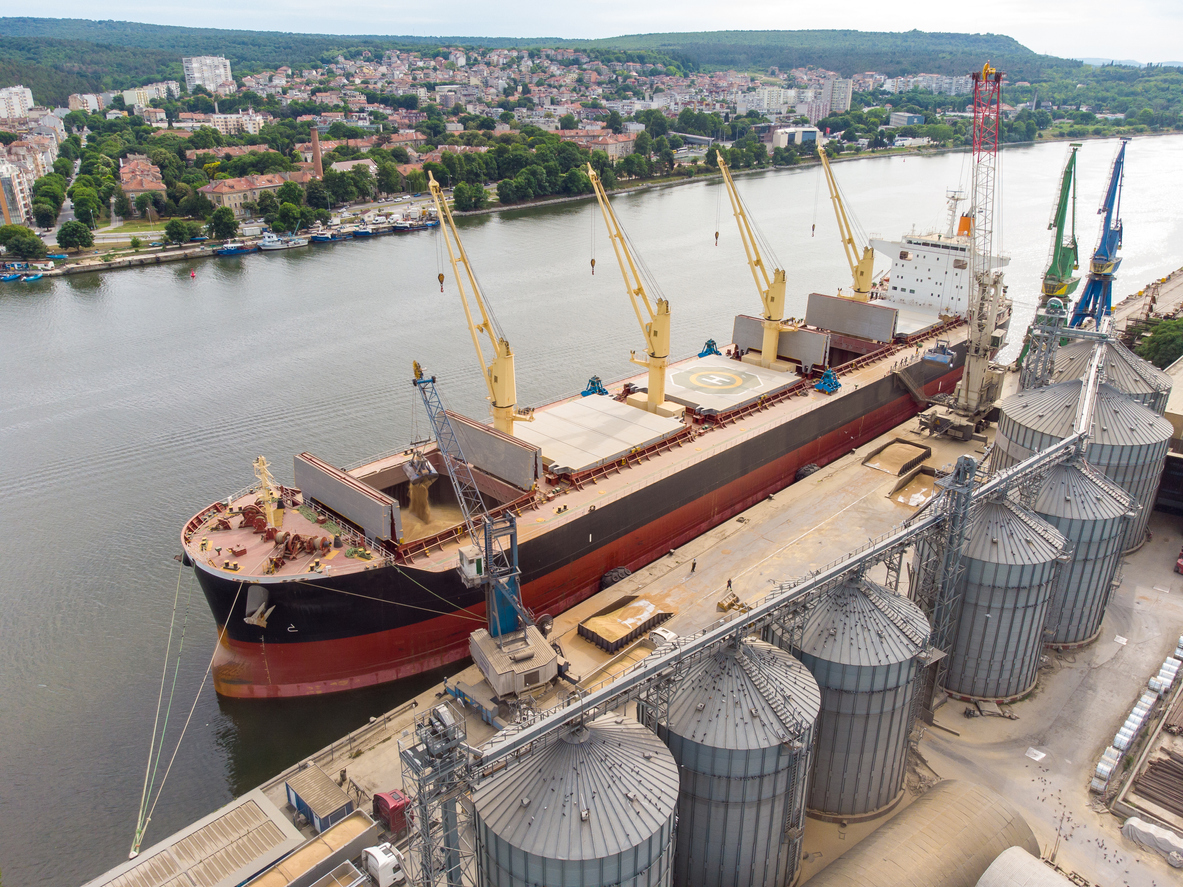What is Customs Clearance in Nigeria? A Complete Guide
Customs clearance is a crucial step in the import and export process, ensuring that goods comply with the regulatory requirements of the Nigerian Customs Service (NCS). Without proper customs clearance, shipments may face delays, penalties, or confiscation. In this article, we’ll break down the meaning of customs clearance in Nigeria, the steps involved, and how Wigmore Trading can help simplify the process.
What is Customs Clearance?
Customs clearance refers to the process of declaring goods to customs authorities to gain approval for import or export. This process involves submitting detailed documentation, paying applicable duties and taxes, and ensuring that shipments meet the regulatory standards set by Nigerian authorities.
In Nigeria, the Nigerian Customs Service (NCS) oversees customs clearance, ensuring compliance with trade policies, tariff schedules, and prohibited or restricted items.
Why is Customs Clearance Important?
Customs clearance is vital for:
- Legal Entry of Goods: Ensures that shipments comply with Nigerian laws and avoid penalties.
- Efficient Movement of Goods: Streamlines the import/export process, preventing costly delays.
- Revenue Generation: Helps the government collect duties, taxes, and other charges on traded goods.
The Customs Clearance Process in Nigeria
1. Pre-Arrival Documentation
Before goods arrive in Nigeria, the importer or their agent must prepare and submit necessary documents, including:
- Form M: An approval document for importing goods.
- Proforma Invoice: Details of the goods, including quantity, value, and specifications.
- Bill of Lading or Airway Bill: A receipt of shipment issued by the carrier.
2. Submission to the Nigerian Customs Service
Documents are uploaded to the NCS’s online portal for review and approval. This ensures transparency and efficiency in the clearance process.
3. Inspection and Valuation
Customs officials inspect the shipment to verify that it matches the submitted documentation. They also calculate the applicable duties and taxes based on the Harmonized System (HS) code of the goods.
4. Payment of Duties and Taxes
Importers must pay all applicable charges, including:
- Customs Duty: Based on the value and classification of the goods.
- Value Added Tax (VAT): Typically 7.5% of the total invoice value.
- Other Levies: Such as excise duty, if applicable.
5. Customs Release
Once all fees are paid and compliance is verified, customs releases the shipment, allowing it to proceed to its final destination.
Challenges in Customs Clearance
1. Incomplete Documentation
Missing or inaccurate paperwork can result in delays and fines.
2. Regulatory Complexity
Staying updated on ever-changing trade regulations and tariff schedules can be difficult.
3. Port Congestion
Busy Nigerian ports, especially in Lagos, often experience delays in clearing shipments.
4. Corruption Risks
Instances of unofficial charges can complicate the clearance process.
How Wigmore Trading Simplifies Customs Clearance
At Wigmore Trading, we understand the intricacies of Nigerian customs regulations. Our team of experts provides comprehensive customs clearance services to ensure your shipments are processed efficiently and legally. Here’s how we can help:
1. Documentation Support
We assist in preparing and submitting all required documents, minimizing errors and delays.
2. Compliance Assurance
Our experts stay updated on Nigeria’s import/export regulations to ensure your shipment meets all legal requirements.
3. Duties and Tax Calculation
We help you understand and accurately calculate the applicable charges for your goods.
4. Efficient Port Handling
With experience in managing logistics at Nigerian ports, we ensure smooth and timely clearance of your shipments.
Commonly Imported and Exported Goods in Nigeria
- Imports: Machinery, electronics, vehicles, and industrial raw materials.
- Exports: Crude oil, cocoa, rubber, and agricultural produce.
Regardless of the type of goods you’re trading, Wigmore Trading provides tailored solutions to streamline your customs clearance process.
Tips for Successful Customs Clearance in Nigeria
- Plan Ahead: Prepare all documents well before shipment arrival.
- Use a Trusted Broker: Professional services can prevent costly errors.
- Stay Compliant: Keep up-to-date with Nigeria’s trade policies and tariffs.
Partner with Wigmore Trading for Hassle-Free Customs Clearance
Navigating customs clearance in Nigeria doesn’t have to be stressful. Wigmore Trading offers reliable, end-to-end support to help your business save time and money. Contact us today to discuss your specific needs and ensure a smooth shipping process.








Comments are closed.